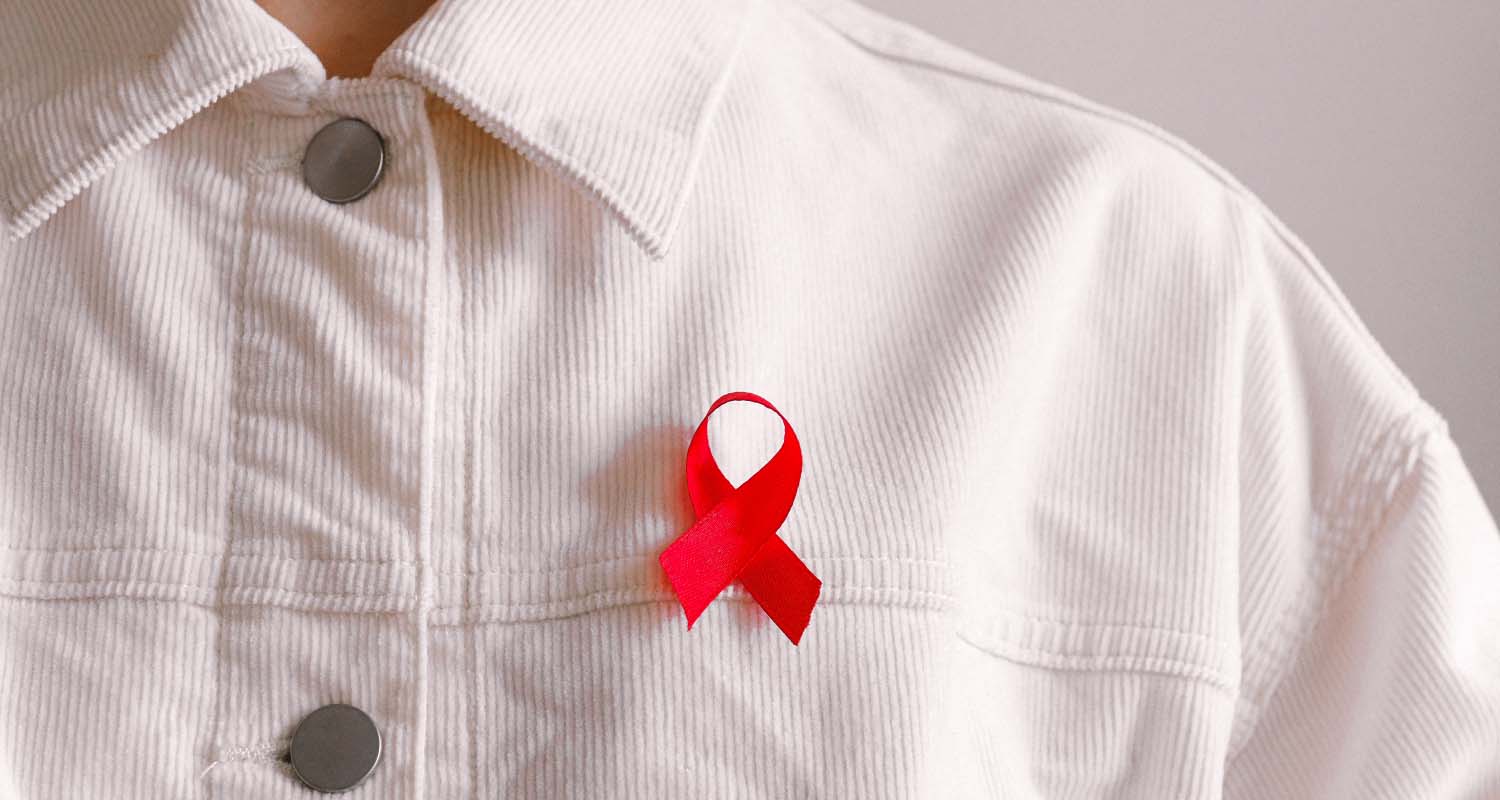More than 100 people diagnosed with HIV after opt-out testing trial
One individual who tested positive for HIV at her local A&E called the routine testing a "blessing".

Just six months after the NHS HIV testing routine in A&E started, more than 100 people were diagnosed with HIV, according to NHS England. More than 800 people living undiagnosed with HIV and Hepatitis not receiving treatment have been found, it says.
The NHS implemented opt-out testing in April within 33 hospital Emergency Departments, targeting areas with the highest rates of diagnosed HIV to further approach the goal to end new HIV diagnoses in the UK by 2030.
In October, campaigners celebrated early results from the opt-out testing scheme. This new data shows there have been 128 people diagnosed with HIV as a result of the scheme. 65 people had been lost to care but were returned under the scheme.
The latest NHS data shows 834 newly identified cases of people living with HIV, Hepatitis B or Hepatitis C found between April and September following its launch.
153 people, who were previously diagnosed, but were not receiving NHS care, were also identified.
The scheme sees people visiting an Emergency Department offered a discreet test that screens for the HIV, Hepatitis B, and Hepatitis C viruses when full bloods are taken.
If the results come back positive, specialist support and a treatment plan is implemented for the individual.
“The NHS is committed to increasing early detection diagnoses of HIV hepatitis and other blood borne viruses, to ensure people have access to the latest and most effective life-saving medication, which prevents long-term health issues and reduces the chance of unknown transmissions to others,” Professor Sir Stephen Powis, NHS National Medical Director, said on the latest development.
Professor Powis noted the A&E testing rollout is a “great example” of NHS power that ensures every time contact is made with a patient, it counts.
Professor Powis added: “This targeted programme builds on the testing already routinely available through GPs and sexual health services in every part of the country, so if you think you may be at risk of infection, please don’t delay and come forward for a test as soon as possible so the NHS can set you on the road to recovery.”
The life-saving results of the opt-out HIV and Hepatitis testing are already being seen; one person who benefited is Anne, a woman in her 50s, who tested HIV positive at her local Emergency Department in South London.
Anne was taken to A&E by her sons when she fell ill one night “delirious” and “sweating.”
“When I came round, I was dazed, confused and in agony. I had all manner of blood tests, a lumber puncture, I was then told I had HIV,” she remembers. “Routine testing at A&E was a blessing,” Anne says. “I’m alive and well, I have medication which keeps me healthy and stops me from passing the virus on.”
“I would always urge people to be tested especially at A&E, it’s discreet no one knows, what have you got to lose? Nothing! But you have everything to live for.”
More than 2,500 people were diagnosed with HIV in England in 2021, NHS England reports, estimating 4,660 currently live with the virus but are unaware of their HIV status.
Ian Green, Chief Executive at Terrence Higgins Trust, said: “Opt-out HIV testing is already having a big impact in finding people living with undiagnosed HIV, as well as returning many others to HIV care.”
Green also highlights the scheme is “proactively tackling inequalities and benefitting groups who would otherwise only be diagnosed once their health is already significantly impacted.”
On World AIDS Day 2021 (1 December) the UK Government announced its HIV Action Plan. The government aims to reach zero new transmissions of HIV by 2030, including the interim commitment to an 80 percent reduction in transmissions by 2025.
